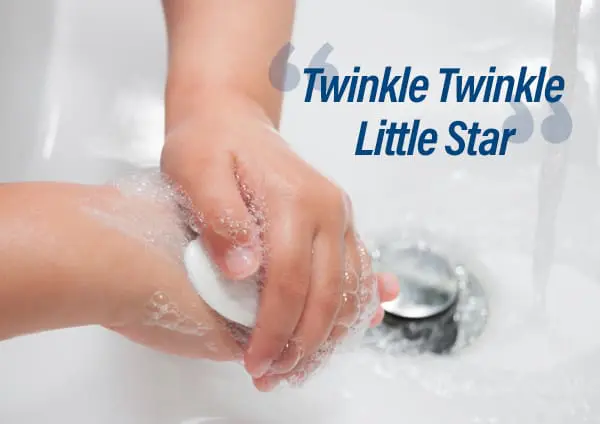Kids heading to daycare or school share germs with each other like they share summer stories. Are you prepared? Each time your child exhibits symptoms you’ll need to decide—are they well enough to go to school, is it time to stay home or do they need immediate care? Our partners at The Urgency Room are here to help! Carolyn McClain, MD, emergency medicine physician and medical director of The Urgency Room, shares what you should look for when back-to-school symptoms hit.

Dehydration
The biggest thing to watch for in your sick child—no matter what illness they have—is dehydration. “If your child is not drinking fluids, they’ll stop urinating. Children typically urinate two to three times a day. Sometimes kids need to come in to The Urgency Room for IV fluids,” explains Dr. McClain. Whether your child is refusing to drink fluids because it hurts or because he’s vomiting too much, it’s critical that he gets hydrated as quickly as possible.
Earaches
If your child is pulling on her ear but doesn’t have a fever, she can go to school if she’s feeling well enough to pay attention. If the earache comes with a fever, then you’ll need to keep your child home until the fever passes.
 Fevers
Fevers
Kids get a lot of fevers in the early days of school, which can be challenging for parents who have to work. When your child has a fever, it means their illness is contagious and they can’t go to daycare or school. And though many parents become concerned after three days, viruses typically last five to seven days.
Parents also often wonder if they should give their child medications. Dr. McClain offers some guidance. “A fever is the natural way your child’s body fights off an illness. Fevers occur because it’s harder for a virus or bacteria to live when your child’s temperature is higher. If your children are feeling so miserable they can’t drink or sleep, it can be helpful to give them the recommended dosages of either ibuprofen or Tylenol.”
Fevers usually go away on their own after kids spend some time resting and drinking fluids.
Itching
Getting head lice is an extremely common back-to-school problem for kids in kindergarten to third grade. It’s time to check for lice if another kid in your child’s class has it or if your child is itching her head a lot—especially around the ears and back of the neck.
If your child does get lice, don’t feel bad about it. Kids pass lice to each other as easily as they pass a common cold. To help your child avoid getting lice, you can use tea tree shampoos and braid your child’s hair if it’s long. If your child does get lice, you can treat it at home with lice shampoo and a lice comb. There are also several specialists in the Twin Cities that offer immediate and effective lice treatment.

Sore Throat
Two of the most common viruses kids pick up in the fall are strep throat and hand, foot and mouth disease. If your child complains of a sore throat, you can look inside their mouths for clues. If you see what look like blisters in their throat or mouth, it is probably a virus.
“There’s not a lot we can do about a virus like hand, foot and mouth disease,” says Dr. McClain. “It can last up to seven days and is really contagious. The only thing you can really do for your kids is let them rest and make sure they’re getting enough fluids. If it hurts to eat and drink, sometimes children will refuse to drink the fluids they need. You can give them popsicles, but watch carefully for dehydration because that’s when you need to get in for immediate care.”
In general, Dr. McClain recommends that parents take their kids in to the doctor to have sore throats checked out.
Specific Symptoms
It’s time to head to The Urgency Room for expert care by ER physicians when your child:
- Doesn’t act normal after a fever has gone away
- Has a fever that lasts longer than five to seven days
- Is not urinating
- Has abdominal pain
- Can’t stop vomiting

Preventative Measures
To keep your child from getting sick as often, one of the most important things you can do is to teach them to wash their hands. “Most kids will just run their hands under water for a few seconds, but that’s not killing the germs. I tell them to sing Twinkle Twinkle Little Star and when they’re done with the song they can be done washing their hands,” Dr. McClain says.
Even the most diligent hand washers are going to get sick. Parents are often shocked at how many times their kids are ill when they start daycare or head to pre-school or elementary school. “It’s really natural for little kids to get sick five to ten times a year,” explains Dr. McClain. “To parents it can feel like their kids are constantly sick, but it’s not something to worry about most of the time. Your kids are getting viruses that are helping them build their immunity.”
The Urgency Room (UR) is a state-of-the art medical facility specializing in the treatment of acute injuries and illnesses in adults, children, and infants. Staffed with board-certified emergency physicians, the UR is prepared to handle it all. If you need immediate medical attention and don’t need an ambulance come to The Urgency Room.
